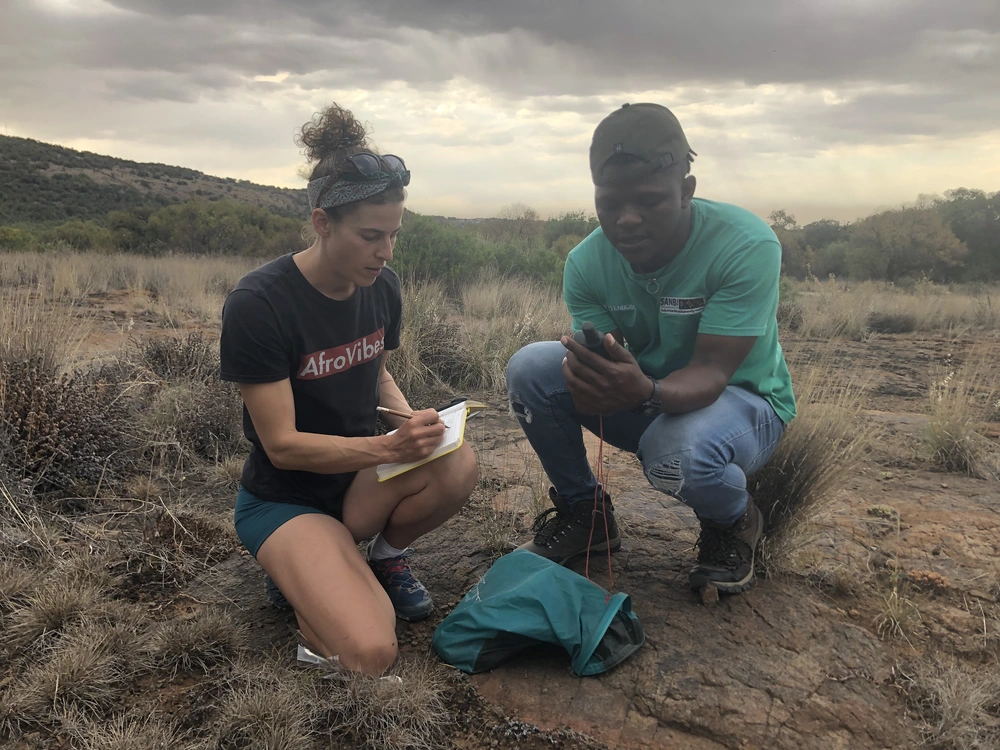
Dr. Rose Marks, Assistant Professor in the Department of Plant Biology has spearheaded a landmark international collaboration to chart the future of desiccation tolerance research. The resulting paper, “Life on the Dry Side: A Roadmap to Understanding Desiccation Tolerance and Accelerating Translational Applications,” was published this month in Nature Communications.
Desiccation tolerance—the ability of organisms to survive extreme drying—is a rare but critical adaptation found in certain plants, animals, and microbes. Understanding this phenomenon could unlock innovations in agriculture, conservation, medicine, and biotechnology, especially in the face of increasing climate stress.
Dr. Marks assembled a team of 39 researchers from around the world to synthesize current knowledge and identify key challenges in the field. The roadmap emphasizes the need for standardized research methods, expanded taxonomic sampling, and the development of new tools to study life in a desiccated state. It also highlights the importance of cross-disciplinary collaboration to bridge gaps between plant, animal, and microbial research.
“Because we had so many voices, people with different expertise, and life experiences, we were able to create something holistic and wide reaching,” said Rose Marks about the experience of collaborating with this team. “I could never have done something like this on my own, and even WALII with all its amazing talent, doesn't capture the full scope that the international team we pulled together does.”
Dr. Marks is also a member of the National Science Foundation’s Water and Life Interface Institute (WALII), which supports interdisciplinary research on how life interacts with water at all scales.
This release is adapted from a news article published by the Plant Resilience Institute at Michigan State University.